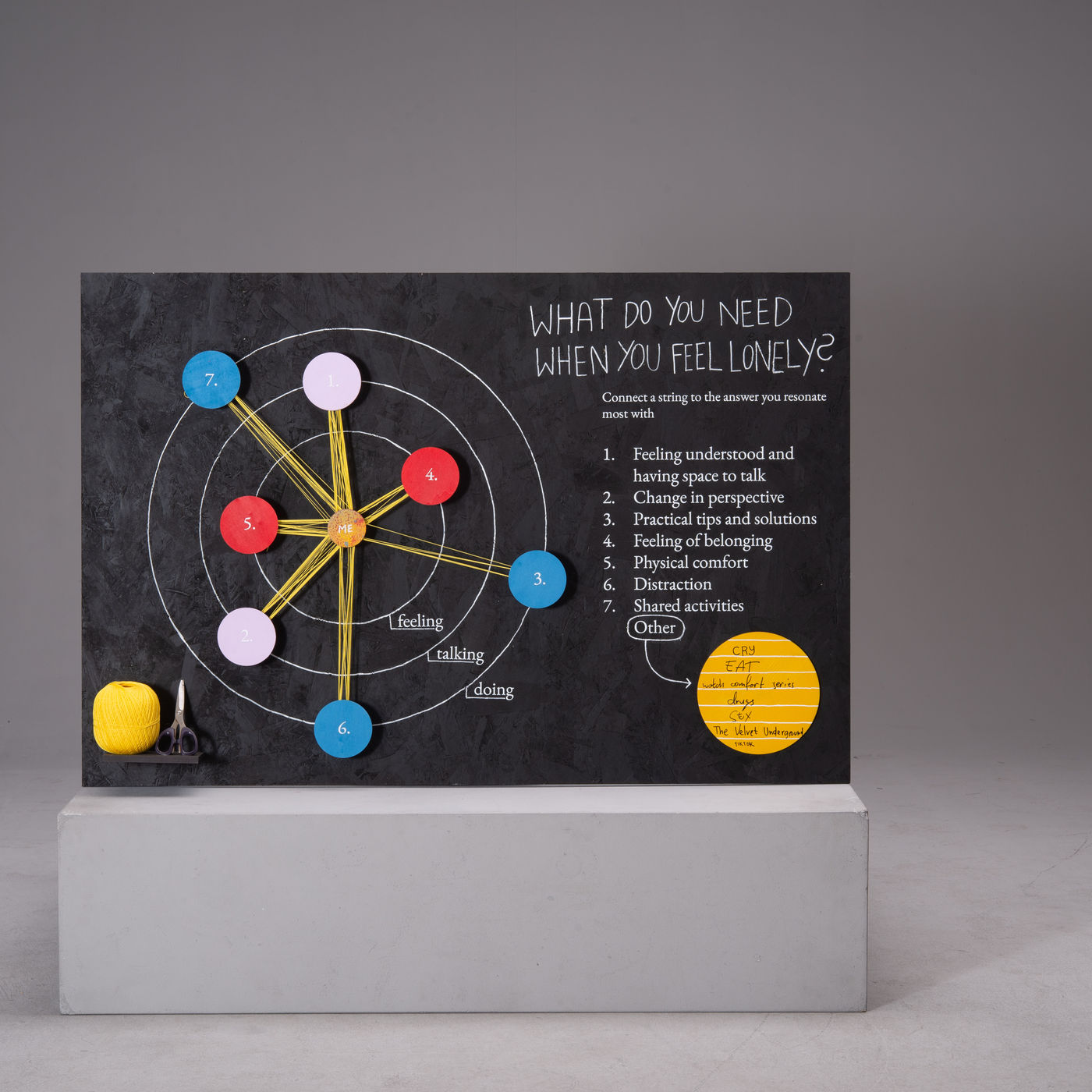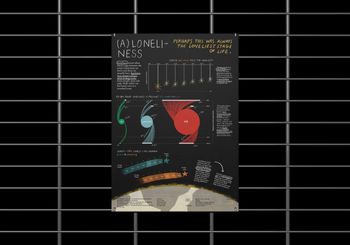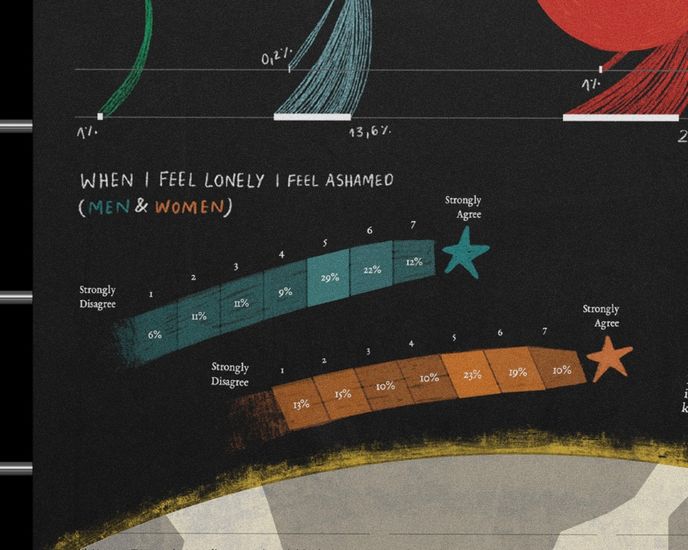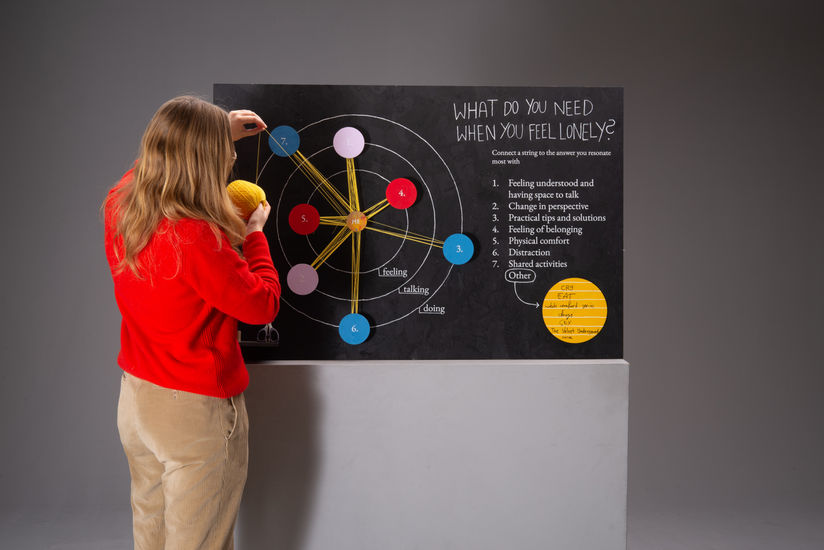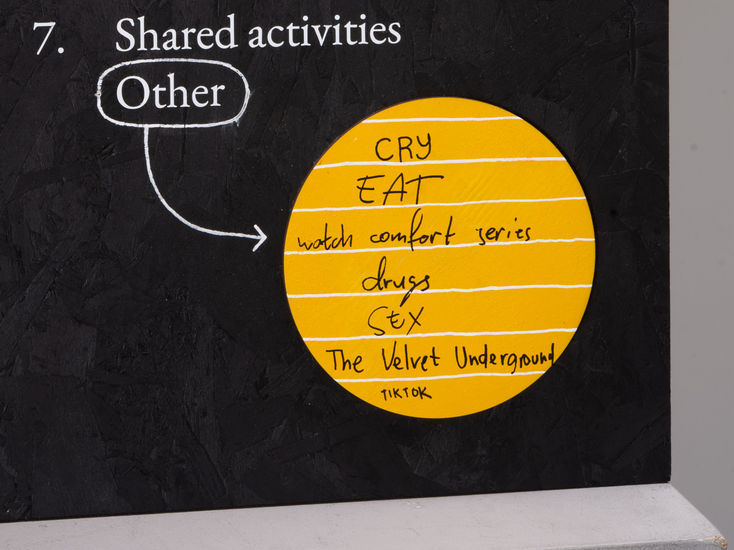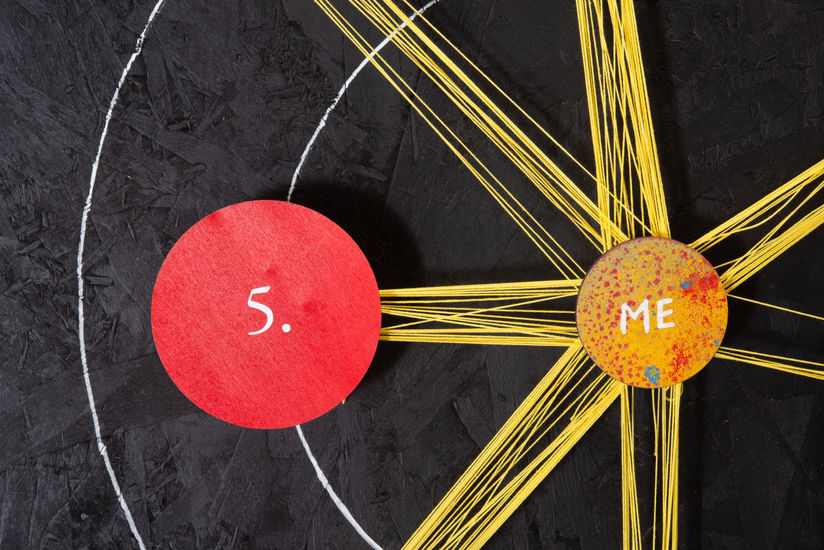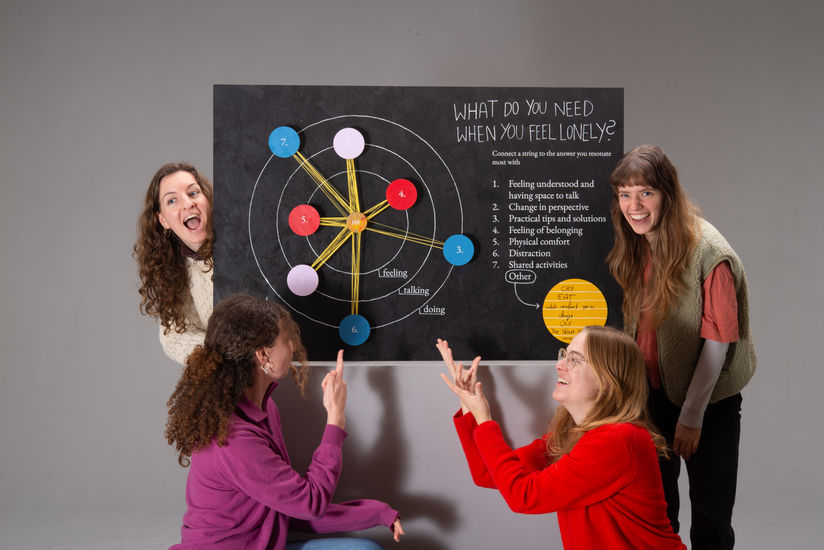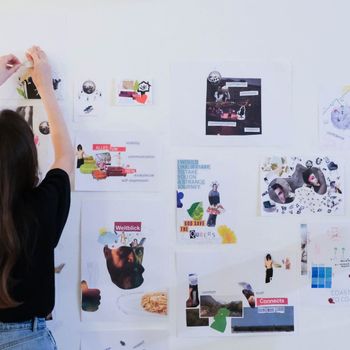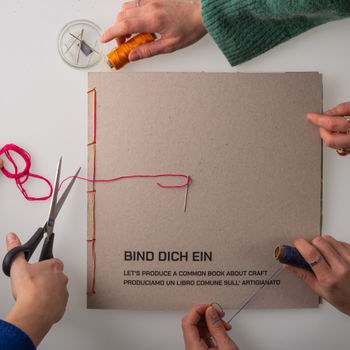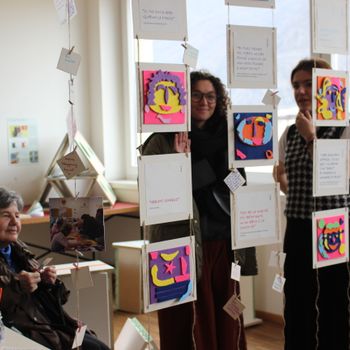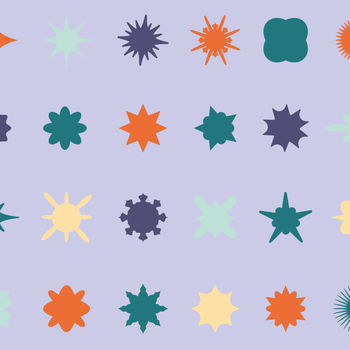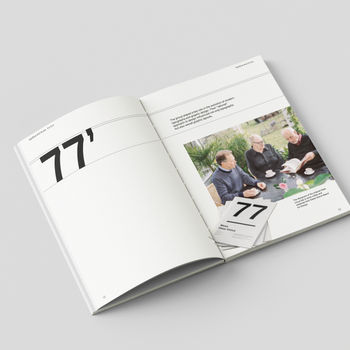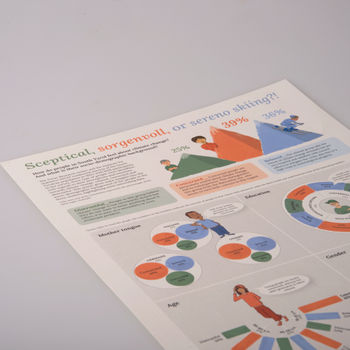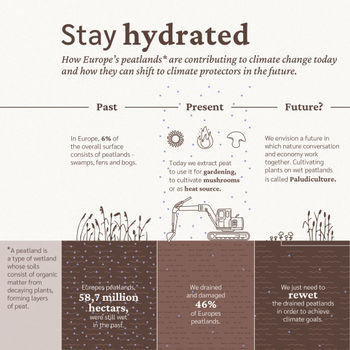Poster
We turned to the largest study on loneliness conducted to date: The Loneliness Experiment. It was launched in March 2018 by BBC Radio 4's All in the Mind, in collaboration with Wellcome Collection and researchers from The University of Manchester, Brunel University London, and Exeter University. Over 55.000 participants worldwide aged between 16 to 101 contributed to the study, making it the most comprehensive investigation into loneliness ever undertaken. The research examined personal experiences, perceptions of loneliness, and the role of technology and relationships, while also considering lifestyle and demographic factors. One of the study’s most striking findings was that older participants reported feeling the loneliest during early adulthood. This indicates that loneliness is not solely a product of modern life, but rather an integral part of the human experience during specific life stages.
Our project is built on the idea that loneliness is often accompanied by shame, making open discussions difficult. Normalizing these conversations is crucial in fostering support and connection. In a world where vulnerability is often mistaken for weakness, expressing loneliness can feel daunting. Yet when we do, we not only feel less alone but also encourage others to share their own experiences. By visualizing parts of this data, we hope to create space for these conversations—to remind ourselves and others that loneliness is a universal feeling, but one that does not have to be endured in silence.

